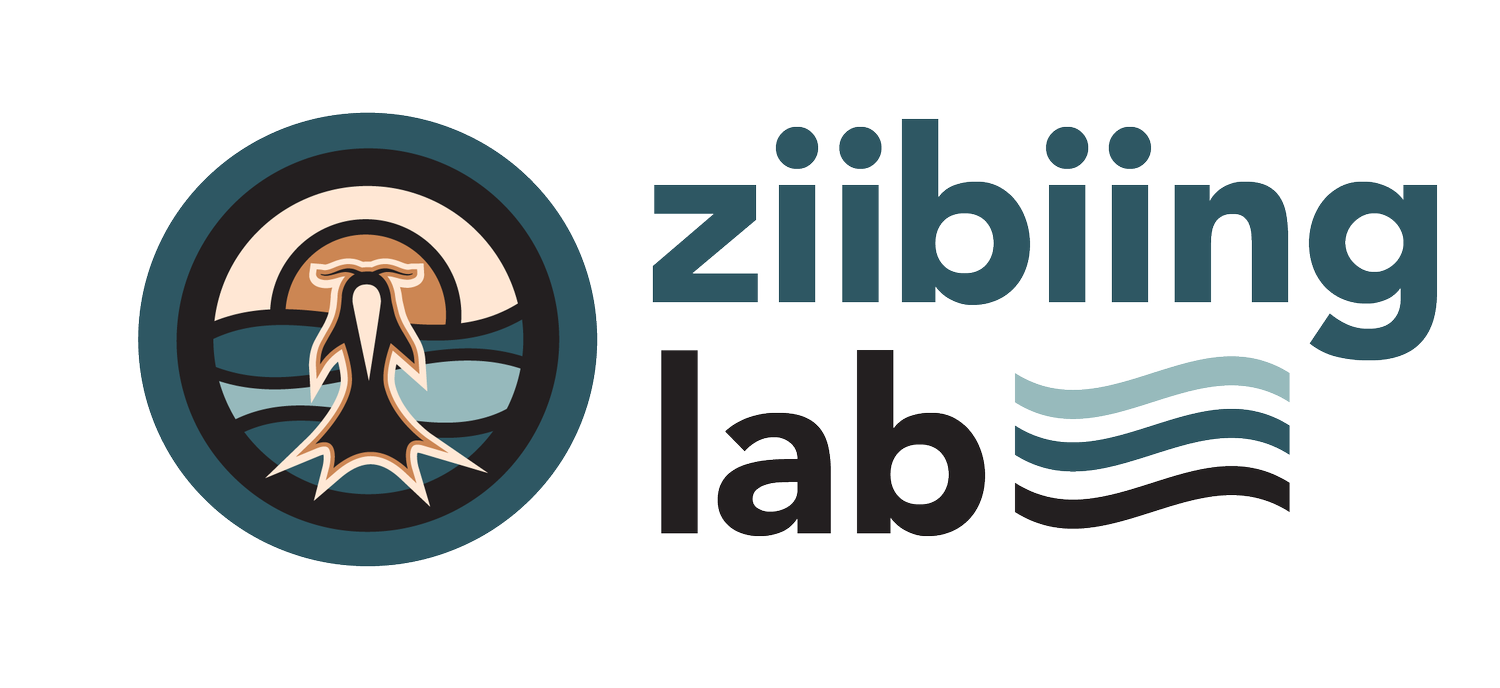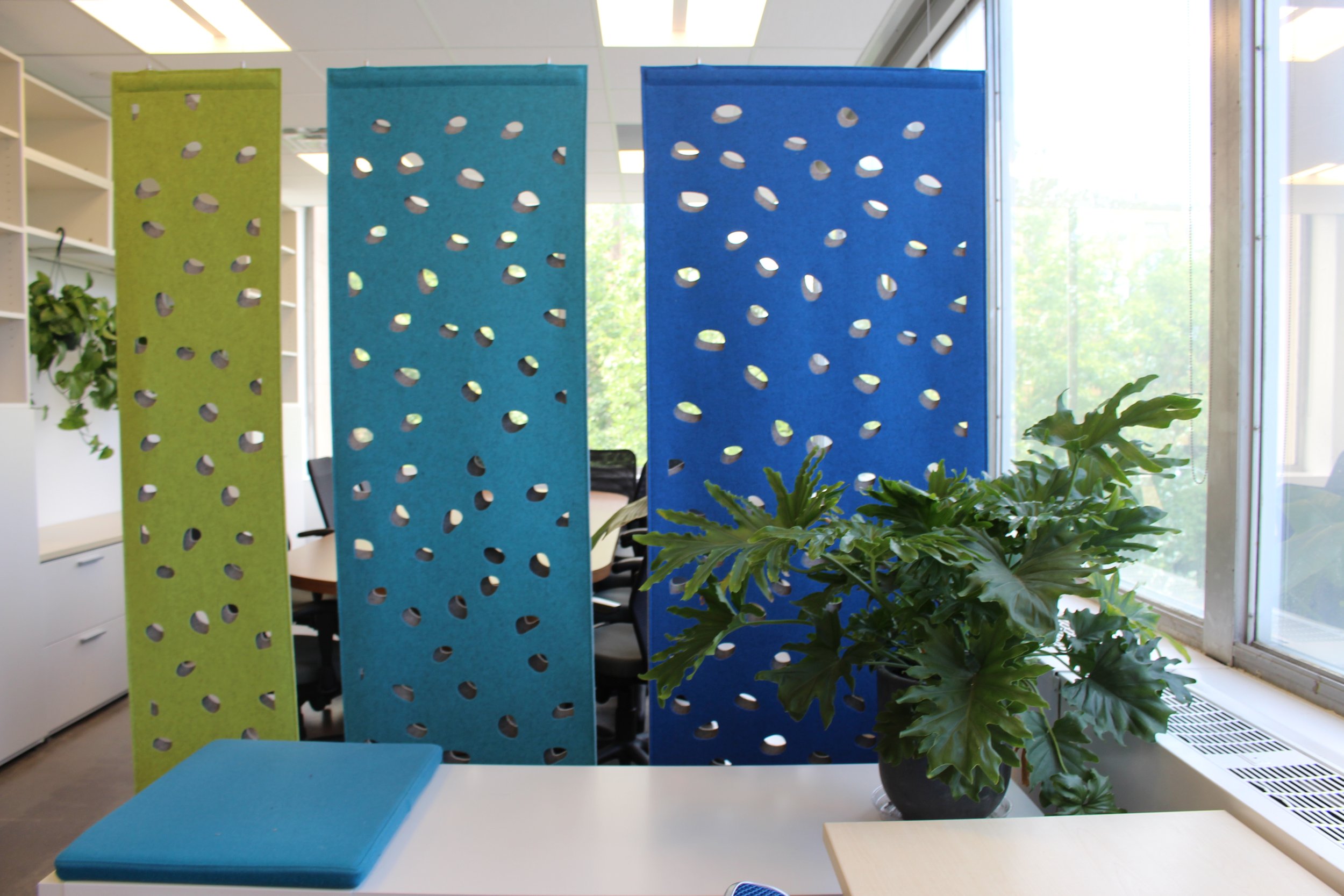What is
Ziibiing Lab?
Ziibiing Lab is an Indigenous-led research collaboratory focusing on Indigenous politics in unique global, international, and transnational perspectives.
Our mission is to support Indigenous peoples, thought, and movements.
Our objectives are three-fold. First, uphold Indigenous self-determination, sovereignty, and jurisdiction. Second, advance Indigenous thought on politics, policy, and praxis. Third, defend Indigenous movements for decolonization and dignified life.
FAQs
-
Known today as Taddle Creek, Ziibiing is the name of a hidden waterway. Ziibiing Lab operates nearby and seeks to remember, relate to, reproduce, and revitalize the waterway. A specific reference to that sacred river in Tkaronto, flowing from north to south into Lake Ontario, ziibiing is also a general reference in Anishinaabemowin for being at or near a creek, river, and waterway. It has been revered, especially by Anishinaabeg, for its roaring waters, fish and plant life, and spirit. Yet today, it is largely considered lost and disappeared. With increasing Euro-American settlement and urbanization in the 19th century, Ziibiing became submerged. It was dammed to create McCaul’s Pond for recreational purposes, encased underground to develop the city’s sanitation system, and then built upon by the University of Toronto to construct Hart House. But, the creek did not vanish. Ziibiing continues to flow and be heard. The river resurfaces as a wet reminder—or muddy nuisance—and audible disruption that it, like Indigenous peoples who revere it as a sacred source of life, endures.
-
A collaboratory is a research laboratory integrating collaboration into governance, operations, research, programs, and ethics, to name just a few areas. Ziibiing Lab is collaborative in a number of meaningful ways. First, a Governing Council of Indigenous professors, stationed across the Faculty of Arts & Science at the University of Toronto’s St. George campus, lead strategic planning, development, and advancement. Although Dr. Uahikea Maile is the founding Director, Professor Maile is one of nine members of the Governing Council. Read more about our people. Second, a Research Council being constituted with faculty across the University of Toronto’s three campuses—St. George, Mississauga, and Scarborough—will collaborate together on research projects concerning Indigenous politics. Stay updated on our research. Third, faculty collaborate together with graduate and undergraduate students and community members to design, conduct, disseminate, implement, and archive Indigenous politics research. For instance, check out our podcasts. Collaboration in Ziibiing Lab is not incorporated simply into a single project or program, it is structured into the very fabric of the research collaboratory. Inspired by colleagues in the Tkaronto Circle Lab and Technoscience Research Unit, the collaboratory is unsettling the dominant research lab model in social sciences.
-
Indigenous politics does not begin or end in any one country. Ziibiing Lab views it is an accumulation of nation-specific struggles and community-based movements across territories and oceans. Indigenous politics has always been global. Organizing and solidarity within and beyond nation-states, Indigenous internationalism shaped the United Nations Declaration on the Rights of Indigenous Peoples, and initial UN adoption in 2007 and subsequent domestic ratifications, such as Bolivia in 2009 and just recently Canada in 2021. Early participants included delegates from the Haudenosaunee Confederacy, Nishnawbe Aski Nation, and Palestinian Liberation Organization. Yet, Indigenous politics can get caught in the trap of state recognition through national law and policy. This effectively obscures how the categories of Indigenous and Indigenous Peoples, as well as the legal regimes of Indigenous rights, are international and transnational by nature. Ziibiing Lab focuses on Indigenous politics in global perspectives in the spirit of Indigenous internationalism to interrupt the homogenization of Indigenous politics, nations, communities, peoples, thought, and movements. Our work inhabits the echo between local and global. Between Tkaronto in the Dish With One Spoon and the Arctic, Andes, Oceania, to name a few. We value the heterogeneity and relationality implicit in Indigeneity in our governance, research, and programs. In other words, we value the interconnected diversity of Indigenous peoples, thought, and movements around the world.
-
If you are interested in getting involved at Ziibiing Lab, send us a message. You can also email us. Or, visit the collaboratory in Sidney Smith Hall Room 3067 on Monday, Tuesday, Wednesday, or Friday from 10am–5pm (Spring 2024).

Aaniin gete-anishinaabeg.
Asiniiwiikwe indizhinikaaz. Ajijaak nindoodem. Gaawaabaabiganikaag indoonjiibaa.
My name in English is Ashley Fairbanks, and I am Anishinaabe from the White Earth Nation in Northern Minnesota. As an Anishinaabekwe, and as someone who studied both Anishinaabemowin and Political Science, I was honored to create the logo and brand for Ziibiing Lab. As a person from the Mississippi River valley, who has always lived near its banks, the word ziibii is close to my heart. Rivers are so important to our people, not just for the water they contain, but as a life source, a travelling path, and a way of connecting to our histories. As I thought of things that would represent the Lab, I wanted to amplify the meaning of the name. Ziibiing means "at the river," but how would the work of the lab connect to the river as more than a place, or a historic landmark, but to the very idea of the river?
I was inspired by Name, the sturgeon, the king of the fish. Name is an ancient fish, and it is currently threatened. Before colonization, we know that there were so many namewag that it was said you could walk across the backs of them to cross a river. Today, plans to save the Namewag depend on tribal fish restoration projects. We know how to live with these ancient ones. Our elders and ancestors knew them too. Sturgeon were a critical part of our economies, and our survival. They also held spiritual importance, as one of the representations of the fish clan, the keepers of our knowledge, our teachers and scholars. This felt like a perfect symbol for Ziibiing Lab. A scholar from the river, an ancient fish who we are trying to save, just as we are trying to preserve our languages, cultures, and ways of knowing. In the logo, Name is jumping in front of the sun, giizis, a symbol of a new day. A day when Indigenous knowledges will be centered and celebrated, creating a world where we can all thrive. Ziibiing Lab is helping build that world, and I am thankful and humbled to have played a small part in it.
Mi'iw. Miigwech biizhindaweyeg.
Asiniiwiikwe











